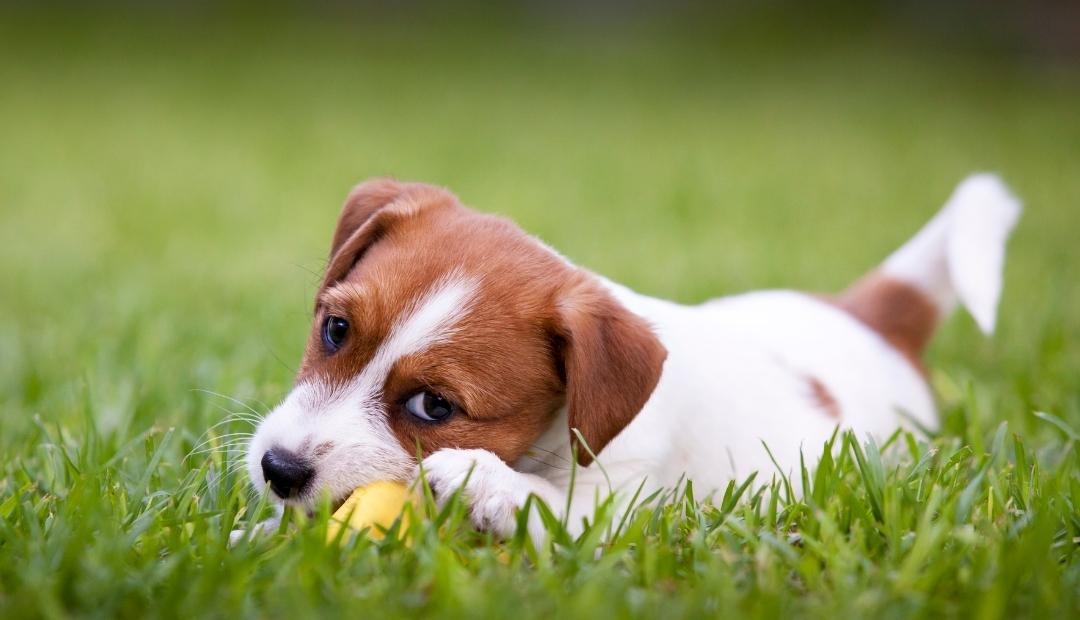With the vibrant city life and numerous options for apartments for rent in san antonio tx, it's important to ensure your new home is ready for a furry friend. Today's trends see houseplants bringing nature indoors, while adorable pups infuse households with warmth and companionship. For those who adore dogs and are taking the exciting step of welcoming a new puppy home, you’re about to embark on a joyful journey filled with wagging tails and boundless affection.
However, while they bring plenty of joy, raising a puppy does come with its own set of challenges. Although puppies might require less attention than raising a child, understanding their unique needs is crucial for ensuring they grow up happy and healthy.
This article will guide you through what to expect during the initial days of introducing a puppy to your home.
Stress Management
A new territory filled with unfamiliar scents and people can be overwhelming for a puppy. So you might want to gradually introduce it to its new home.
Start by putting it on a leash and letting it explore your living room. Then, take it to the next room until it gets familiar with the rest of your apartment.
Apart from acclimating it to its new territory, you may want to slowly introduce it to new family members, including your other pets. Try doing it one person (or one animal) at a time and keep visits from friends to a minimum during the first few days.
Veterinary Appointment
Once your pup is comfortable in its new home, take it to the vet for a checkup as soon as you can. Your vet will give it a full physical examination and age-appropriate vaccinations.
After your puppy has gotten all of its shots, you can have peace of mind knowing that it won't catch anything once you take it outside-or wherever other dogs walk.
Potty Breaks
From morning to bedtime, your pup will have to relieve itself several times throughout the day. That's why you'll have to take it outside after it wakes up (even from a short nap), eats, drinks, and plays and before you sleep.
As a general rule of thumb, you need to carry it to its potty area at least every couple of hours.
Housebreaking requires a great amount of patience. Don't scold your pup if it does its "business" inside. Instead, carry a bag of treats with you always and reward it right away when it eliminates outside.
Feeding Schedule
Puppies typically eat three times a day. So you have to arrange a feeding schedule and stick to it.
Having a consistent feeding schedule will not only help you provide it with the right amount of nutrition-it'll also make housetraining a lot easier.
Be sure to feed it puppy food and not table scraps or adult dog food. Since your pup is still growing, you have to give it essential nutrients to keep it healthy.
Bedtime
Pups nap a lot. On average, they sleep for about 18 to 20 hours a day.
To help your pup sleep undisturbed, you have to provide it with a crate and place it in a quiet spot.
And if it cries in the middle of the night, that's no cause for concern-it's normal behavior for puppies. Place the crate near your bed at night to make it feel more secure and prevent it from crying.
Playtime
Too much exercise isn't good for young puppies. At least 15 minutes of daily exercise should suffice. So rather than taking it on long walks or runs, allow it to run in the yard or play with dog toys or with you.
Lots of attention, the right care, and most importantly, patience will help you keep your puppy happy and healthy. And by starting off on the right foot with your pup, you can enjoy a strong bond that'll last its lifetime.
The Montecristo Apartments in San Antonio, TX


